MONKEYPOX VACCINE FOR MEDICAL WORKERS
입력 2022.06.28 (15:22)
수정 2022.06.28 (16:45)
읽어주기 기능은 크롬기반의
브라우저에서만 사용하실 수 있습니다.
[Anchor Lead]
With the first monkeypox cases reported in South Korea, health authorities are raising their guard against more infections. Vaccinations have also begun for medical workers who will treat monkeypox patients.
[Pkg]
When administering monkeypox vaccines, special needles are used, instead of syringes. The needles’ tips are rubbed with the monkeypox virus and pierced into the skin 15 times. Through this subcutaneous method, the virus is injected under the skin and antibodies are created. Vaccine recipients must refrain from touching the wounds until blisters are formed and then gone a week later. Medical workers volunteered to receive the vaccine in preparation for treating monkeypox patients anytime.
[Soundbite] Lee Han-na(Nurse, NMC Infectious Disease Ward) : "I was scared at first, since I was told that I had to be stabbed with the needle 15 times. But it was not as painful as expected. Now I am well. I decided to receive the vaccine, since I have to contact patients directly."
Twenty medical staffers have so far received the second-generation smallpox vaccine, which is expected to be about 85 percent effective in preventing monkeypox. South Korea also has a reserve of 35 million doses. The vaccine also is effective for those who receive it after an exposure to the virus. However, there are also concerns about the possible side effects.
[Soundbite] Kim Yon-jae(Head, NMC Infectious Disease Response Team) : "It is a live vaccine. So it can cause the disease to those with weaker immunity. Those with relatively weak immunity are advised against receiving the vaccine."
The government is accelerating its efforts to introduce a third-generation vaccine, which is administered in a simpler way and with decreased chances of undesirable side effects. However, the government will unlikely push for a nationwide vaccination campaign this time, like the one brought forward against the COVID-19 pandemic.
[Soundbite] Jeon Jae-hyun(Doctor, NMC Infectious Disease Clinic) : "Currently, it is enough that only a minimum number of essential medical workers receive the vaccine. There are little problems for those who don't come into close contact with monkeypox patients."
The government plans to allow medical workers to immediately identify patients who return from countries where monkeypox is more commonly found.
With the first monkeypox cases reported in South Korea, health authorities are raising their guard against more infections. Vaccinations have also begun for medical workers who will treat monkeypox patients.
[Pkg]
When administering monkeypox vaccines, special needles are used, instead of syringes. The needles’ tips are rubbed with the monkeypox virus and pierced into the skin 15 times. Through this subcutaneous method, the virus is injected under the skin and antibodies are created. Vaccine recipients must refrain from touching the wounds until blisters are formed and then gone a week later. Medical workers volunteered to receive the vaccine in preparation for treating monkeypox patients anytime.
[Soundbite] Lee Han-na(Nurse, NMC Infectious Disease Ward) : "I was scared at first, since I was told that I had to be stabbed with the needle 15 times. But it was not as painful as expected. Now I am well. I decided to receive the vaccine, since I have to contact patients directly."
Twenty medical staffers have so far received the second-generation smallpox vaccine, which is expected to be about 85 percent effective in preventing monkeypox. South Korea also has a reserve of 35 million doses. The vaccine also is effective for those who receive it after an exposure to the virus. However, there are also concerns about the possible side effects.
[Soundbite] Kim Yon-jae(Head, NMC Infectious Disease Response Team) : "It is a live vaccine. So it can cause the disease to those with weaker immunity. Those with relatively weak immunity are advised against receiving the vaccine."
The government is accelerating its efforts to introduce a third-generation vaccine, which is administered in a simpler way and with decreased chances of undesirable side effects. However, the government will unlikely push for a nationwide vaccination campaign this time, like the one brought forward against the COVID-19 pandemic.
[Soundbite] Jeon Jae-hyun(Doctor, NMC Infectious Disease Clinic) : "Currently, it is enough that only a minimum number of essential medical workers receive the vaccine. There are little problems for those who don't come into close contact with monkeypox patients."
The government plans to allow medical workers to immediately identify patients who return from countries where monkeypox is more commonly found.
■ 제보하기
▷ 카카오톡 : 'KBS제보' 검색, 채널 추가
▷ 전화 : 02-781-1234, 4444
▷ 이메일 : kbs1234@kbs.co.kr
▷ 유튜브, 네이버, 카카오에서도 KBS뉴스를 구독해주세요!
- MONKEYPOX VACCINE FOR MEDICAL WORKERS
-
- 입력 2022-06-28 15:22:54
- 수정2022-06-28 16:45:42
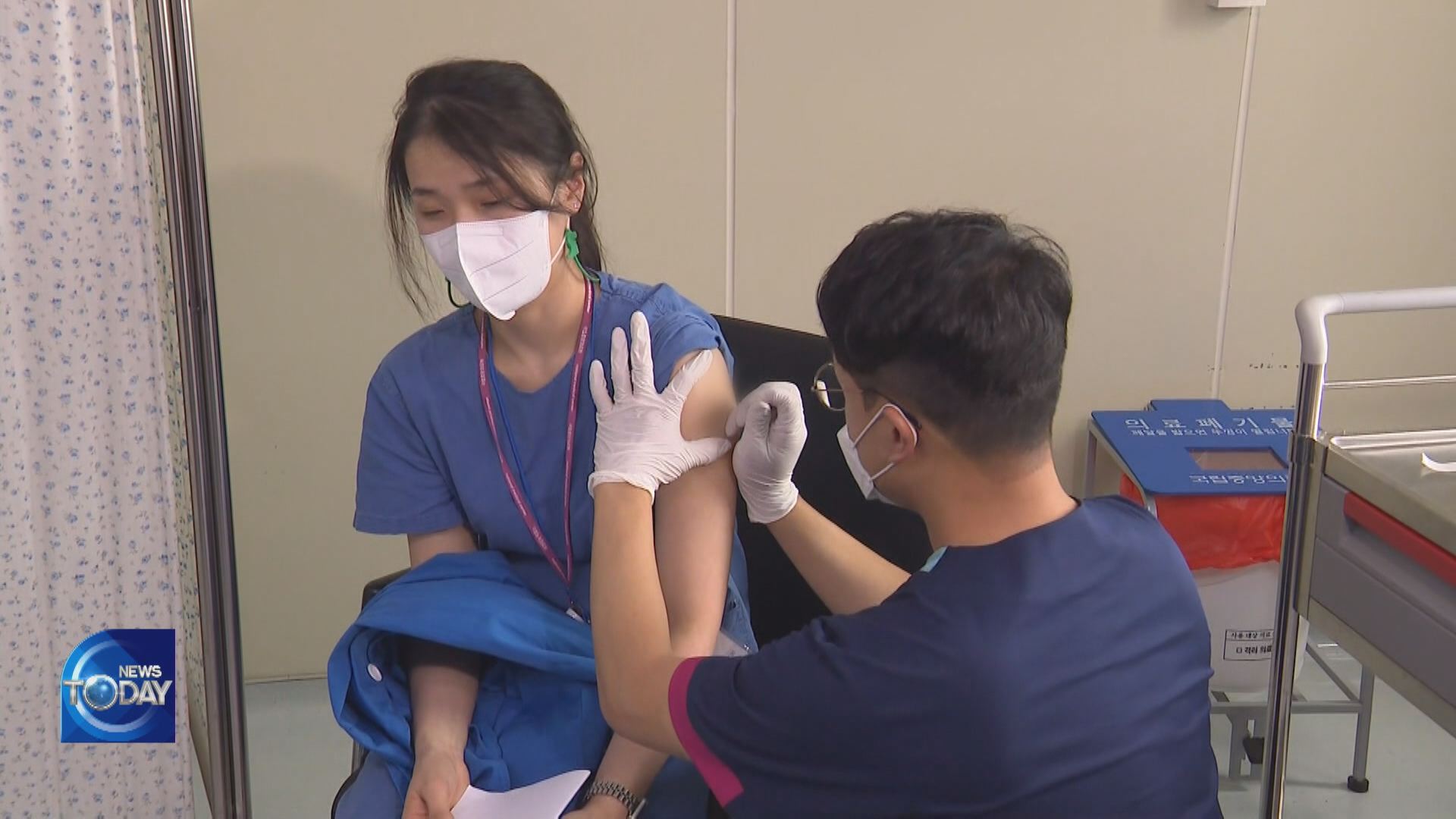
[Anchor Lead]
With the first monkeypox cases reported in South Korea, health authorities are raising their guard against more infections. Vaccinations have also begun for medical workers who will treat monkeypox patients.
[Pkg]
When administering monkeypox vaccines, special needles are used, instead of syringes. The needles’ tips are rubbed with the monkeypox virus and pierced into the skin 15 times. Through this subcutaneous method, the virus is injected under the skin and antibodies are created. Vaccine recipients must refrain from touching the wounds until blisters are formed and then gone a week later. Medical workers volunteered to receive the vaccine in preparation for treating monkeypox patients anytime.
[Soundbite] Lee Han-na(Nurse, NMC Infectious Disease Ward) : "I was scared at first, since I was told that I had to be stabbed with the needle 15 times. But it was not as painful as expected. Now I am well. I decided to receive the vaccine, since I have to contact patients directly."
Twenty medical staffers have so far received the second-generation smallpox vaccine, which is expected to be about 85 percent effective in preventing monkeypox. South Korea also has a reserve of 35 million doses. The vaccine also is effective for those who receive it after an exposure to the virus. However, there are also concerns about the possible side effects.
[Soundbite] Kim Yon-jae(Head, NMC Infectious Disease Response Team) : "It is a live vaccine. So it can cause the disease to those with weaker immunity. Those with relatively weak immunity are advised against receiving the vaccine."
The government is accelerating its efforts to introduce a third-generation vaccine, which is administered in a simpler way and with decreased chances of undesirable side effects. However, the government will unlikely push for a nationwide vaccination campaign this time, like the one brought forward against the COVID-19 pandemic.
[Soundbite] Jeon Jae-hyun(Doctor, NMC Infectious Disease Clinic) : "Currently, it is enough that only a minimum number of essential medical workers receive the vaccine. There are little problems for those who don't come into close contact with monkeypox patients."
The government plans to allow medical workers to immediately identify patients who return from countries where monkeypox is more commonly found.
With the first monkeypox cases reported in South Korea, health authorities are raising their guard against more infections. Vaccinations have also begun for medical workers who will treat monkeypox patients.
[Pkg]
When administering monkeypox vaccines, special needles are used, instead of syringes. The needles’ tips are rubbed with the monkeypox virus and pierced into the skin 15 times. Through this subcutaneous method, the virus is injected under the skin and antibodies are created. Vaccine recipients must refrain from touching the wounds until blisters are formed and then gone a week later. Medical workers volunteered to receive the vaccine in preparation for treating monkeypox patients anytime.
[Soundbite] Lee Han-na(Nurse, NMC Infectious Disease Ward) : "I was scared at first, since I was told that I had to be stabbed with the needle 15 times. But it was not as painful as expected. Now I am well. I decided to receive the vaccine, since I have to contact patients directly."
Twenty medical staffers have so far received the second-generation smallpox vaccine, which is expected to be about 85 percent effective in preventing monkeypox. South Korea also has a reserve of 35 million doses. The vaccine also is effective for those who receive it after an exposure to the virus. However, there are also concerns about the possible side effects.
[Soundbite] Kim Yon-jae(Head, NMC Infectious Disease Response Team) : "It is a live vaccine. So it can cause the disease to those with weaker immunity. Those with relatively weak immunity are advised against receiving the vaccine."
The government is accelerating its efforts to introduce a third-generation vaccine, which is administered in a simpler way and with decreased chances of undesirable side effects. However, the government will unlikely push for a nationwide vaccination campaign this time, like the one brought forward against the COVID-19 pandemic.
[Soundbite] Jeon Jae-hyun(Doctor, NMC Infectious Disease Clinic) : "Currently, it is enough that only a minimum number of essential medical workers receive the vaccine. There are little problems for those who don't come into close contact with monkeypox patients."
The government plans to allow medical workers to immediately identify patients who return from countries where monkeypox is more commonly found.
이 기사가 좋으셨다면
-
좋아요
0
-
응원해요
0
-
후속 원해요
0











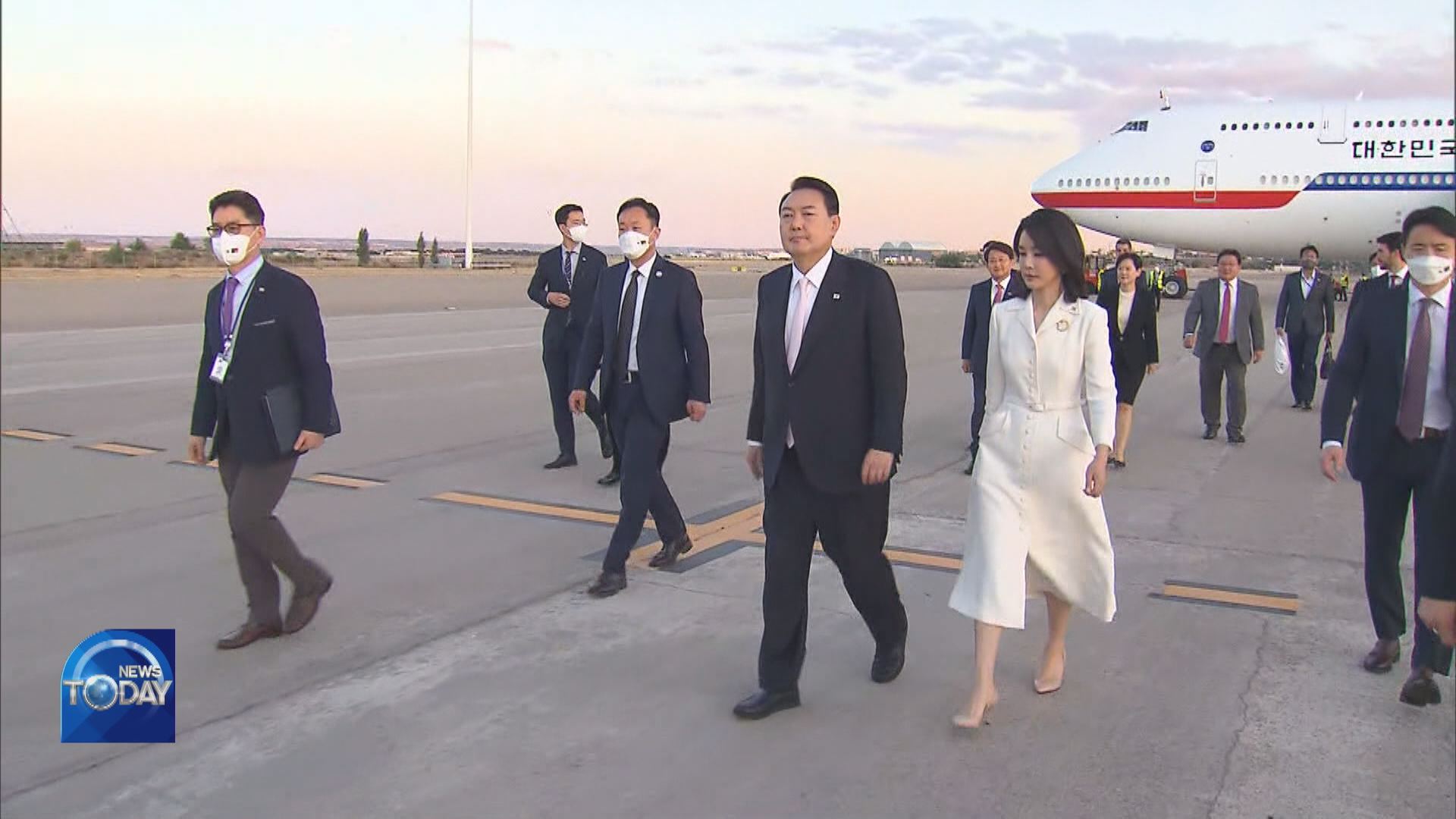
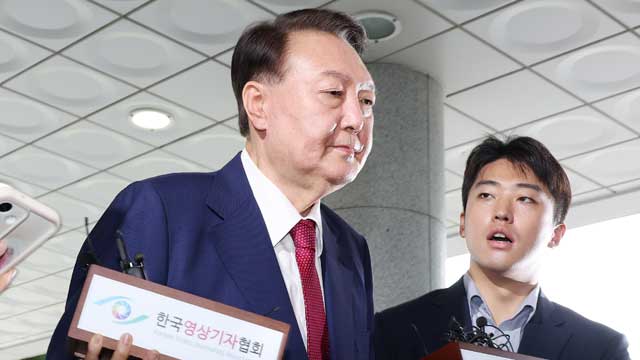
![[속보] ‘31.8조 규모’ 이재명 정부 첫 추경 국무회의 의결](/data/layer/904/2025/07/20250705_AHdq3h.jpg)
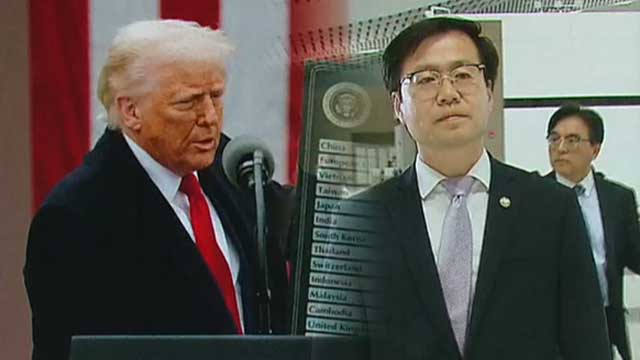
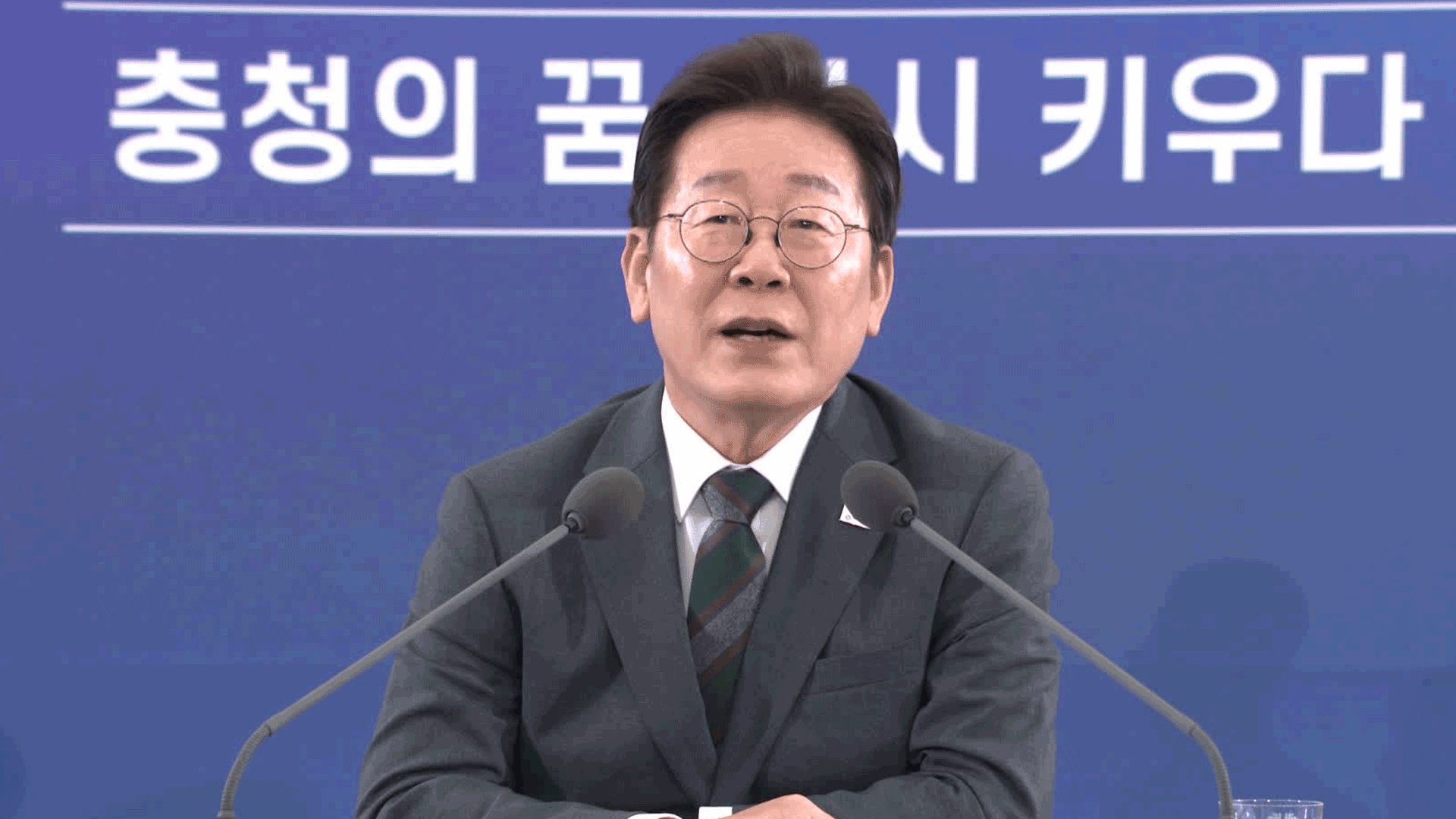

이 기사에 대한 의견을 남겨주세요.